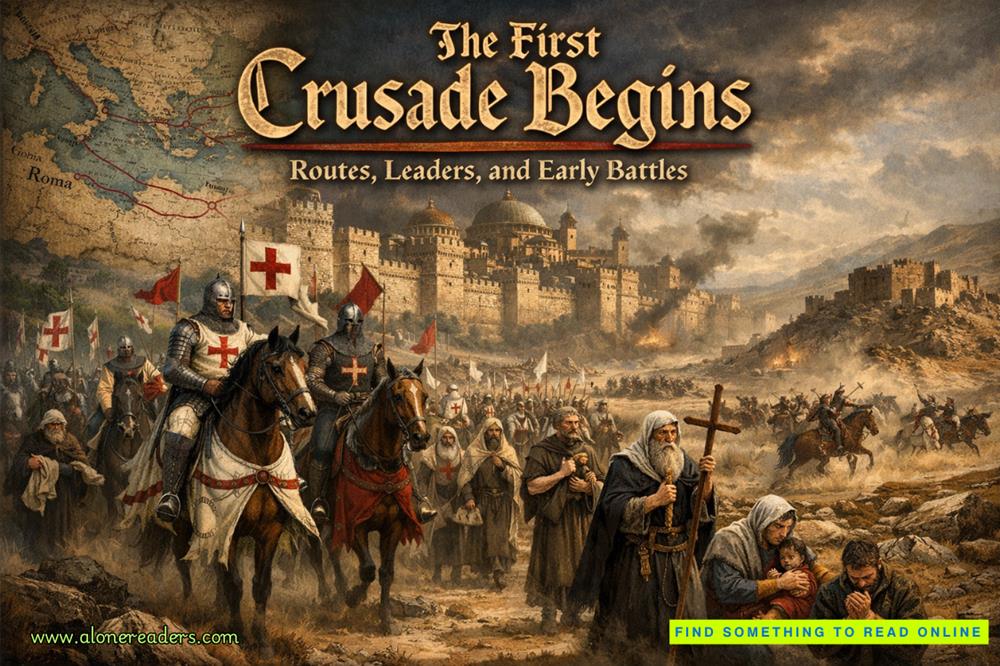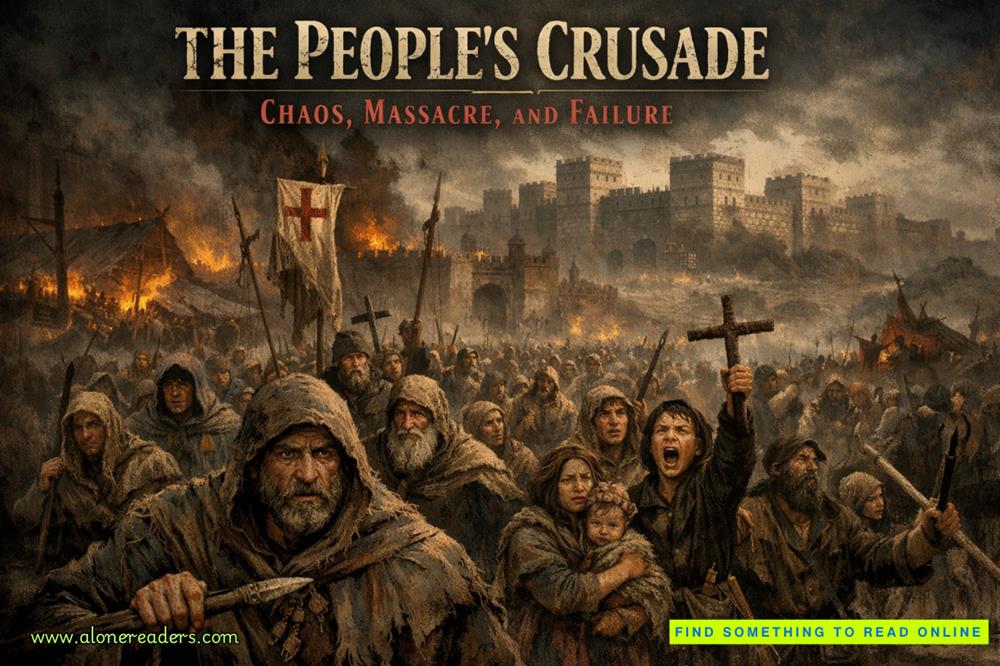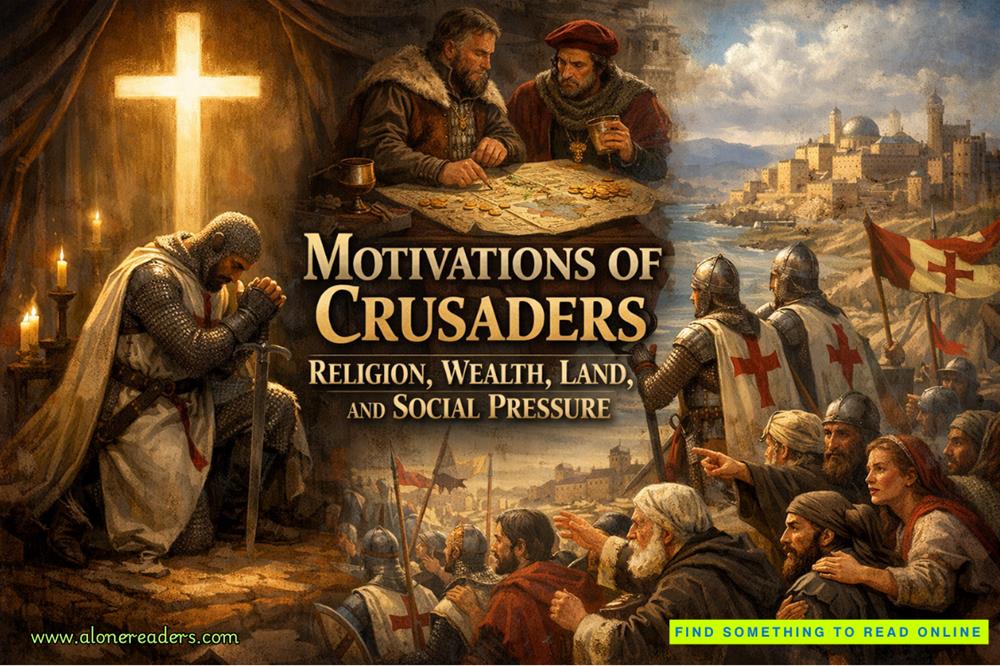The investigator said nothing more. He glanced between mother and son before letting himself out the door. The smell of Browder’s cheap body spray choked the air when he was gone.
“That department always will have it out for you,” Paulette told Joel with a scowl. He noticed she wouldn’t meet his eye.
CLARK
When Clark arrived at Rummy’s eight hours later, the only people crouched over the bar were the professional drinkers. She recognized George Mason—father to Garrett, the defensive safety—an oily man who’d once been a big deal at the power plant at the dam before the county had shut it down. Mr. Mason was flanked by a pair of former employees, all three men whiskered and humbled, clad in grease-stained jeans and fraying plaid shirts, drinking slowly with a gruff, masculine boredom. A woman with frizzled hair was making eyes with one of them. All three were making eyes at her.
Clark retreated to a booth in the back before any of the men could register her as fresh meat.
It had been an odd day, had followed an odd night. She thought again of Jason Ovelle, her old classmate she’d arrested at the field last night. She’d hoped to question him at the station after the game but Jason had been gone by the time she’d arrived.
“Full house,” Deputy Jones had said. “I had to cut him loose.” When Clark had taken a peek down the hall and found half of the station’s holding cells empty, Deputy Jones, looming at her elbow, had said only, “A few slept it off since then.”
The sheriff’s station was small, it was true, but still, to let Jason go when he’d been facing a slam dunk charge of attempted burglary—it was peculiar. Deputy Jones was not a lenient man.
Joel arrived at Rummy’s a few minutes after Clark, and before he noticed her, she took the opportunity to study him through the dull wall of smoke that thickened the room. She saw that Joel had corrected his teenage slouch. He now walked with an alert, entitled poise which she suspected had once been affected but was no longer. He looked cocky, careful, bored. He signaled to the barman without being spoken to.
Remarkable.How different this Joel was from the one she’d once dated. Tonight he seemed closer, indeed, to the Joel who appeared in the photographs that had arrived on Bentley’s doorsteps ten years ago. That had been a nasty prank: a half-dozen loose photos of a naked Joel Whitley had been found stuffed inside the town’s Sunday newspapers one weekend, hiding between the glossy Dillard’s ads and the new issue ofParademagazine. In those photos Joel had sneered at the camera, had wielded a heft in his hand more compelling than anything he’d shown to Clark in all their fumbling efforts at fucking.
Clark had been seventeen at the time, old enough to have seen plenty, but still the pictures had shocked her. Before her father unwittingly flapped open the paper across the breakfast table that morning, Clark could never have imagined that the shy little gentleman who always asked permission to take her hand could be this same cocky provocateur with a face as brash and snide as any pinup boy.
The phone had rung not ten minutes after Clark had seen the pictures: her neighbor Miss Lydia calling to tell Clark of the rumor—the verycreditablerumor—that Joel had been arrested with another man for indecent exposure at the park that past Friday night. Miss Lydia had called Clark to warn her. Joel’s arrest—and thesestrangephotographs everyone was finding—were allanyonecould talk about.
Young Clark, to her credit, had pushed through her shock to ask Miss Lydia the smarter questions: who was this other man who had been with Joel at the park? Why had he not been arrested as well? Who had taken the photographs, xeroxed hundreds of copies, stuffed them in so many papers?
And sure enough, the sheriff’s department did indeed mount an investigation into the photographs but things rapidly went nowhere, as they often did in Bentley. Who cared? The town had always known there was somethingoffabout that Whitley boy—really, had Clark never suspectedanything?
Her miserable year had come to a ghastly conclusion. Six weeks after the photos had spread through town, Clark’s brother, Troy, had left the little house he had shared with his girlfriend in Rockdale, an hour north of Bentley, to buy cigarettes and a case of beer at a Zippy Mart a few miles down the highway. He’d never made it. Somewhere between Troy’s gravel driveway and the gas station’s door he and his truck had apparently evaporated into the twilight.
It had wrenched Clark’s world off its axis, broken all laws of nature as she knew them, to discover that her quiet brother with his razor wit—a boy who had once described the death of their batty, tender, financially hapless mother as simply, “The thriftiest thing that woman ever did”—could somehow slip between the cracks of the world and become abruptly, insistently absent.
Troy’s girlfriend had reported him missing, another investigation had been mounted (that had been a busy year for the Pettis County Sheriff’s Department), but little attention was ultimately paid to the disappearance of some old running back who had allowed something as simple as a neck injury to keep his team from reaching the championships in his high school days. The town gossips had been too busy still raging about Joel to care.
When Clark’s troubled mother had died, the grief had been simple enough for Clark to handle: the woman was gone, and probably the better for it. But with Troy, Clark had long since found she could not grieve nor resent nor relinquish him. Troy, somehow, was both alive and not alive. He was baked white in the sun, delivering infants in Ecuador or, at this very moment, nursing a drink in some fuggy bar, just like the one Clark sat in now, and thinking of her.
So, despite all her furious misgivings about Joel, when Clark had received word this afternoon that Dylan Whitley had apparently decided to run away from home, she’d dug Joel’s card from where she’d stuffed it in the pocket of last night’s uniform. She’d texted to ask him if there was anything she could do. Who could imagine better than she the anxiety he must be going through?
She wasn’t sure Joel deserved her kindness. She wasn’t sure she could have treated the news any other way.
Joel made the barman pull down a full bottle of whiskey from the dusty top shelf, paid with cash, left his change. He approached her booth with the bottle and two milky shot glasses. He had spotted her after all.
“I hope you’ve developed a taste for rye,” he said, settling into the booth.
“I’ll taste whatever’s liquid.” She accepted a glass, let him pour her a heavy shot. “How are you holding up?”
He didn’t answer her immediately. He downed a double with a grimace, watched her in the hazy light. A runty man at the bar whose eye Clark had been avoiding sidled to the jukebox with a pout and turned on “When You Say Nothing at All.”
“How much do you know?” Joel asked.
“Just that Dylan wants to stay out of town,” she said truthfully.
“And won’t respond to anything I write.” Joel opened his phone, scrolled through it and laid a text exchange in front of her.
Dylan’s most recent text read:
joel im sorry but i cant stay in bentley right now
This was followed by three messages from Joel:















